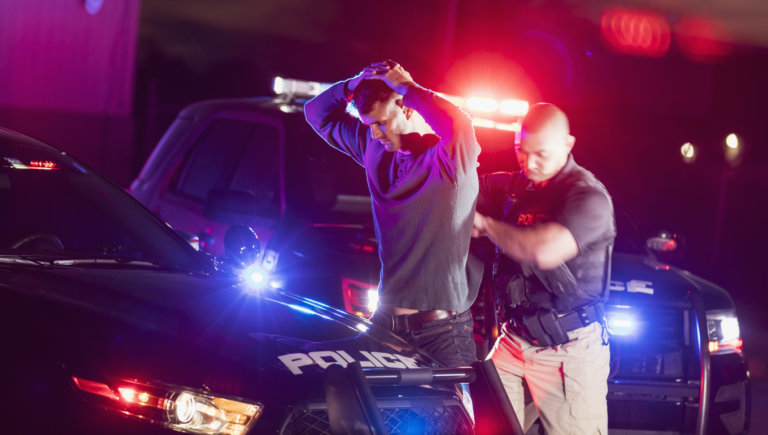
When a law enforcement agent comes knocking on your door or calls you to ask you about a specific situation or a particular person, it’s natural to be nervous. You may be afraid of getting a loved one – or yourself – in trouble, regardless of whether or not anything illegal was done. You may feel tempted to slightly alter the truth in an effort to stay out of trouble. But while your nerves and concerns may be understandable, the act of doing so is never okay.
What Constitutes Lying?
If you are found to have lied to law enforcement, you will likely face several consequences. Under federal law, 18 U.S.C. §1001, doing any of the following in relation to any matter within the jurisdiction of any branch of the federal government is considered a serious crime:
- Falsify, conceal, or cover up a material fact by any trick, scheme or device;
- Make any materially false or fraudulent statement; or
- Make or use any false writing or document knowing it to be materially false or fraudulent.
Those who violate any part of this statute can face up to five years in prison, unless the violation is related to the investigation of certain serious offenses, such as terrorism, in which case they may face up to eight years.
Virginia State Law
Additionally, under Virginia law, Code §18.2-460, it is also a crime to knowingly lie to a law enforcement officer during the investigation of someone else. Those who violate this state law may be charged with a Class 1 misdemeanor, and face up to 12 months in jail and up to a $2,500 fine.
So are there any other options if a law enforcement officer tries to question you? What if you’re concerned about how to answer his or her questions? Here’s what you can do:
- Ask for police ID to confirm their identity.
- Ask for their business card so you have a way of reaching them and a record of whom you spoke with.
- Step outside to speak with officers; do not invite them inside without a warrant.
- Tell them that you would like to speak with an attorney before speaking with them – then actually do so.
After consulting with a knowledgeable and experienced Virginia criminal defense attorney, you will know if it’s in your best interest to speak with the police or assert your Fifth Amendment right and refrain from answering questions.
Surovell Isaacs & Levy PLC Can Help Those in VA Who Have Been Charged with a Crime
If you or a loved one has been charged with a crime, it can have a big impact. A criminal conviction can change your life even more, affecting it in just about all aspects. That’s why you shouldn’t have to deal with such charges on your own. It’s in your best interest to speak with a qualified criminal defense attorney at Surovell Isaacs & Levy PLC. We understand what’s at stake and will work to protect our clients and that which is in their best interest. To learn more or to schedule a consultation, contact us today!
Posted in: Criminal Law
